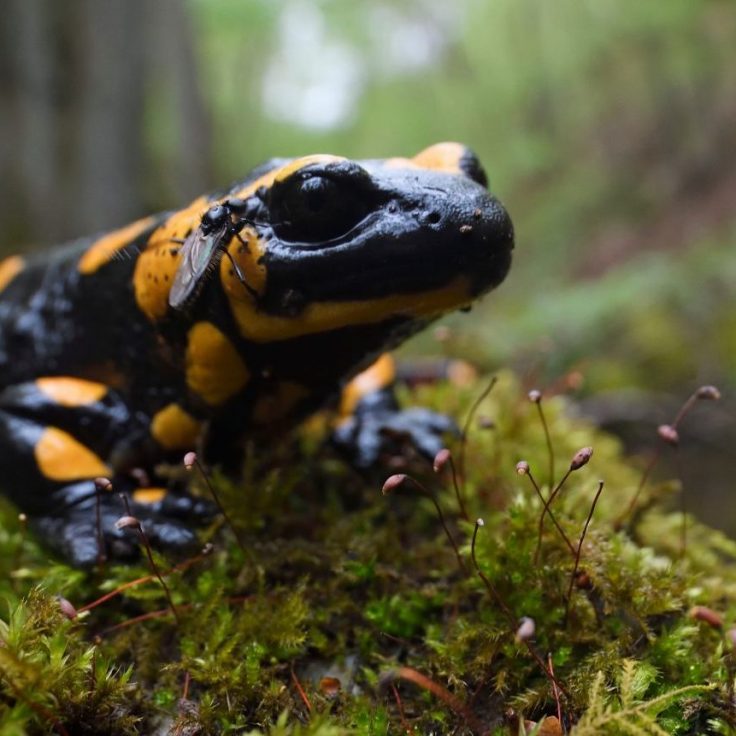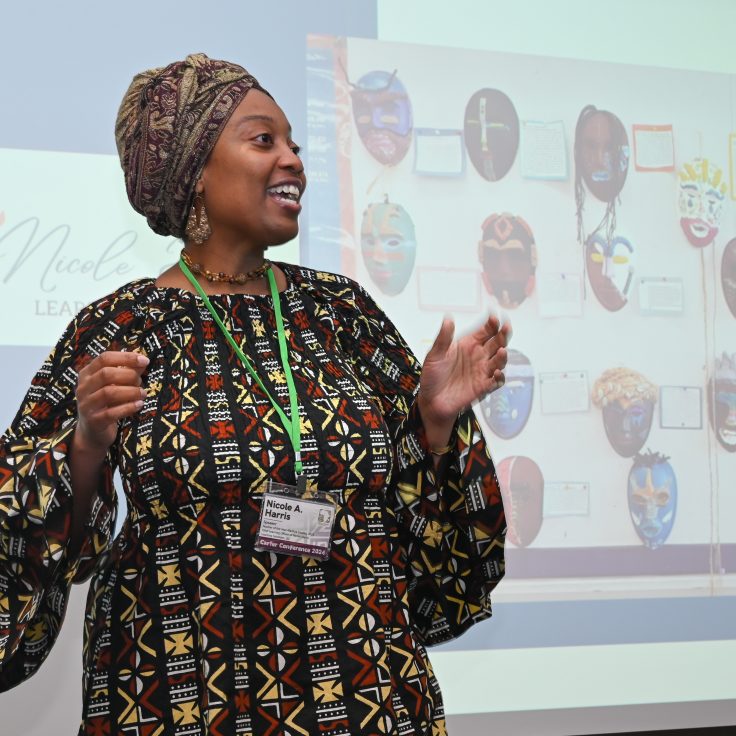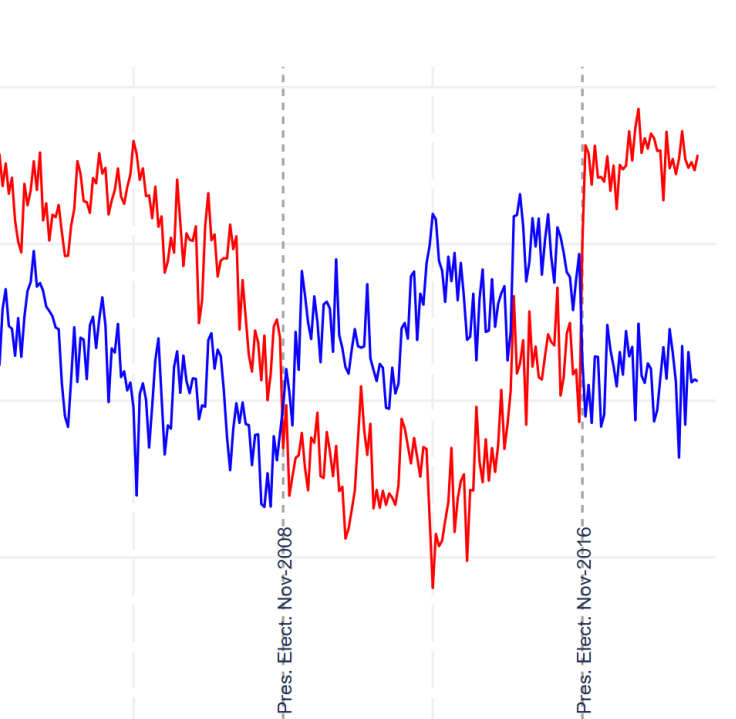Undergrad Researcher Cuts Through Wellness Industry Spin
A multibillion-dollar industry pushes products that supposedly make you healthier — but how much of it is legit?
Living away from home for the first time brings a long list of questions for new college students. When Karina Sarandrea arrived at the University of Florida, she found one to be surprisingly complicated: What should she eat to stay healthy?
“You have all this freedom to make decisions about your body, about your mind,” Sarandrea said. “And for the first time, you are 100 percent responsible for what you eat.”
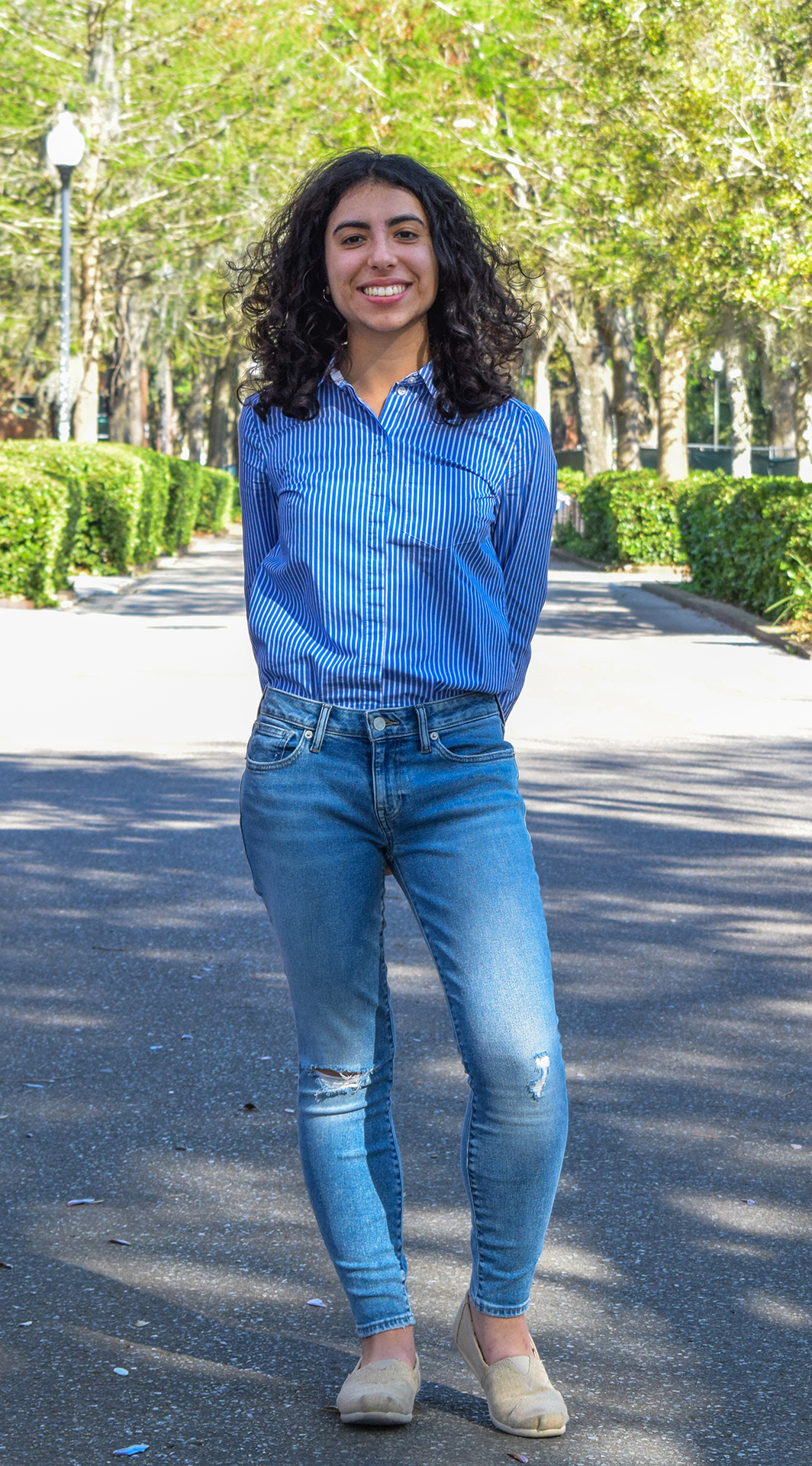
Scanning grocery shelves, she noticed how many health foods and dietary supplements are marketed to consumers with breathless insistence that they hold the key to true wellness. At times, the messages conflicted with each other — an ingredient described as a cure-all in one corner would be dubbed poisonous elsewhere. For an issue as important as a healthy diet, Sarandrea wondered, why was it so difficult to determine the truth?
The question inspired her first-ever research project: an examination of what Sarandrea calls “wellness consumerism” — and the misinformation it too often spreads. In an era of unprecedented access to new products and information through the internet, many people try to take their well-being into their own hands. It’s especially prevalent among those skeptical of the health care system or unable to afford traditional care. The danger comes, Sarandrea found, when companies exploit the trend by touting questionable or unproven claims.
For students like Sarandrea, the College of Liberal Arts and Sciences provides ample opportunities to take part in undergraduate research, no matter their area of interest. Sarandrea found support for her project through the CLAS Scholars Program, which provides funding and advising for an independent research project. CLAS Scholars is offered through Beyond120, the college’s signature career readiness and experiential learning program.
“I left high school wanting to do research,” said Sarandrea, who graduated this spring with a political science major and zoology minor. “But I wasn’t expecting it to be so easy to get involved.”
Throughout the process, she relied on mentors and peers alike. Through conversations with Paul Ortiz, professor of history and director of the Samuel Proctor Oral History Program, she honed her topic and learned about resources that were available to her. Jacob Watson, Beyond120 lecturer and undergraduate research coordinator, offered guidance as Sarandrea crafted her research proposal. At the same time, Annie Watson, a visiting assistant professor of political science who is now based at Middle Georgia State University, helped her develop a research method. In Zoom sessions, Sarandrea and her fellow CLAS Scholars shared their challenges and worked through common problems together.
“It’s a year of support and community,” she said.
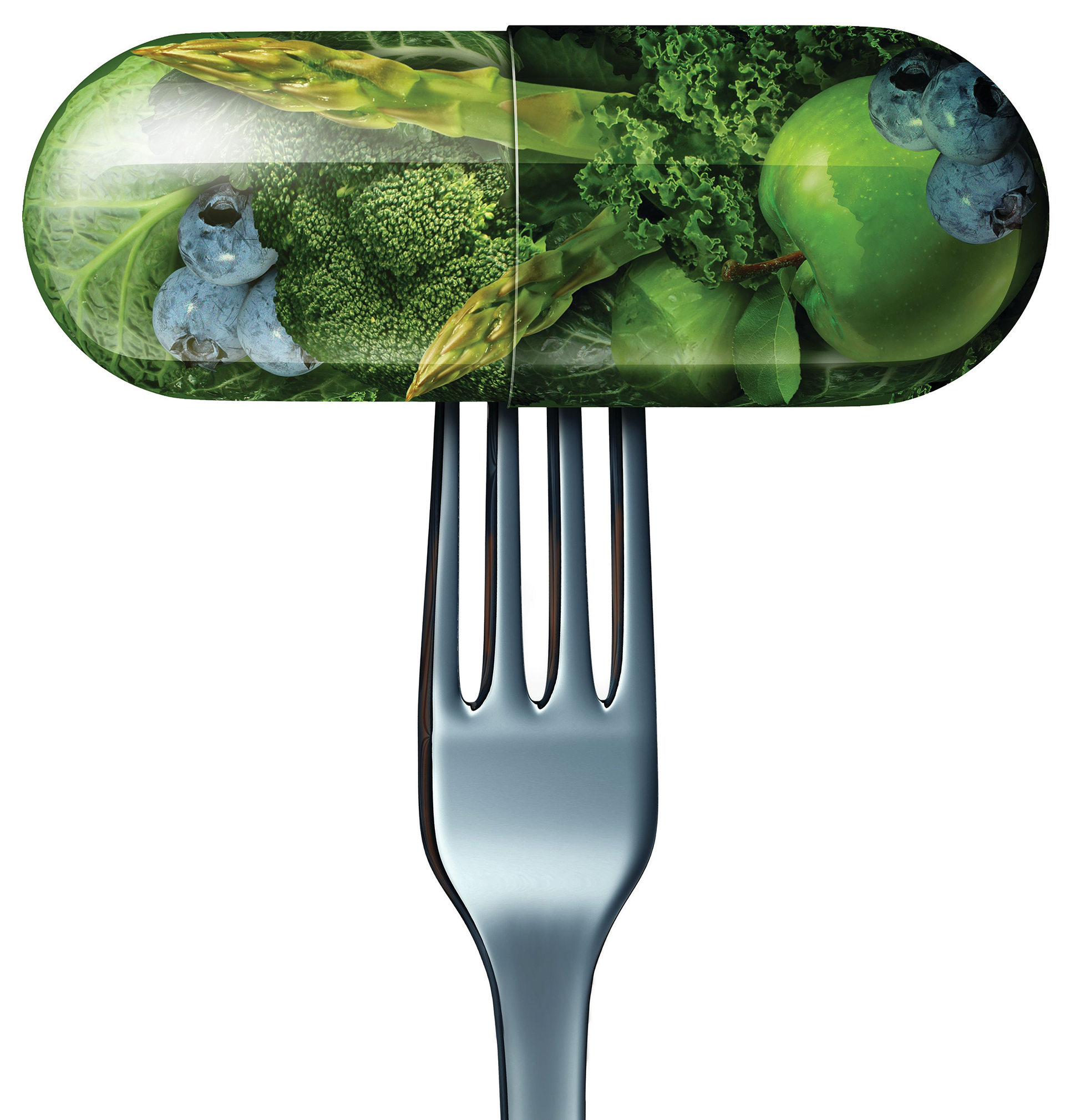
Bolstered by that encouragement, Sarandrea tackled the project. She consulted medical journals and interviewed wellness experts for background information, and then conducted a statistical analysis of the buzzwords used to promote dietary supplements on Amazon. The research revealed a correlation between marketing language that drew upon wellness fads (think “probiotic,” “superfood,” “omega 3”) and misleading claims. Her findings, published in the UF Journal of Undergraduate Research, suggest that “wellness consumerism” could be threatening public health.
The takeaway is not that it’s wrong to seek out products to improve your health and wellness — plenty of them do offer well-documented benefits. And Sarandrea sympathizes with those who seek alternatives to traditional medicine because of its cost or their past negative experiences.
Rather, it’s up to credible institutions such as hospitals, schools and governments to counter rampant online misinformation with easily accessible resources that provide solid facts. Sarandrea is doing her part: Working as an intern for United States Rep. Darren Soto last summer, she proposed a bill to fund health literacy initiatives. She plans to continue to support the cause as she leaves UF and begins a fellowship in public policy that will focus on issues such as climate change and public health.
Looking back on her CLAS Scholars experience, Sarandrea credits the success of her project to the support from her peers and mentors — along with her own curiosity and drive.
“I was able to make this into a research project because I had great people helping me,” she said, “but also because I really, really wanted to.”
Learn more about how to get involved with undergraduate research opportunities through Beyond120 here.
This story appears in the spring 2022 issue of Ytori Magazine. Read more from the issue.
